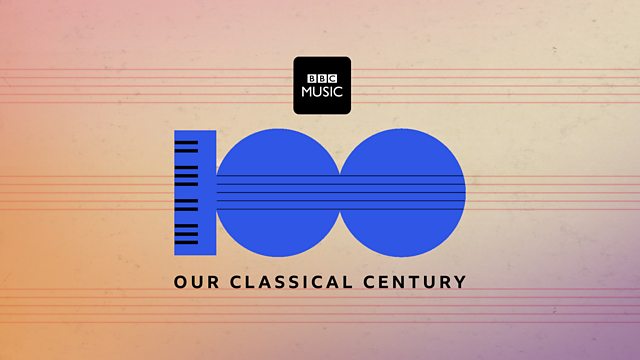
Richard Strauss: Four Last Songs
Written at a time of enormous musical change, these songs speak not of beginnings, but of endings.
Richard Strauss’ Four Last Songs were given their world premiere in London's Royal Albert Hall on 22 May 1950. The luminous, post-Romantic music of the songs was already well out of step with the times. Two days earlier, in Florence, Dallapicolla’s modernist opera Il Prigioniero – The Prisoner – had been premiered; a few weeks before that in Paris, a landmark concert of electronic musique concrete predicted new musical worlds to come. But the Four Last Songs spoke not of beginnings, but of endings.
The composer was not able to hear the premiere of his songs. Strauss had died eight months before at the age of 85, weary after seeing his beloved German civilisation debased and destroyed. When the war was over, Strauss had had to suffer the indignity of being forced to undergo a denazification process because, in the early days of the Nazi regime, Strauss the pragmatist had accepted the official position as President of the Reichsmusikkammer. But he soon fell out with the Nazis and was sacked - and his family underwent their own tribulations, because his daughter-in-law was Jewish.
The songs were just about the last music that Strauss wrote and were gathered together and put into an order after his death by his friend and publisher Ernst Roth. The sequence of four poems (three by Herman Hesse and one by Joseph Eichendorff) begins with a glorious welcome to Spring, but the other three are unambiguous in their theme: an acceptance and even a longing for a peaceful death. In the third song, "On going to sleep", the soprano sings:
Hands, let everything go,
Head, stop thinking,
I am content to follow
Where my senses are sinking.
In the last of the four songs, Im Abendrot, in the Twilight, the soprano sings of an old couple who have walked hand in hand throughout a lifetime and are now walking towards rest:
O spacious, tranquil peace,
So profound in the gloaming.
How tired we are of travelling –
Is this perchance death?
Just days before the premiere of the songs, Pauline Strauss - the composer's partner in a loving and tempestuous 55 year marriage - followed her husband into the peace of death. Pauline’s voice had inspired much of Strauss’s great writing for soprano - including, surely, these Four Last Songs.
This is one of 100 significant musical moments explored by �鶹������ҳ��� Radio 3’s Essential Classics as part of Our Classical Century, a �鶹������ҳ��� season celebrating a momentous 100 years in music from 1918 to 2018. Visit bbc.co.uk/ourclassicalcentury to watch and listen to all programmes in the season.
This archive recording features the �鶹������ҳ��� Scottish Symphony Orchestra with soprano Malin Byström and conductor Thomas Dausgaard.
Duration:
This clip is from
Featured in...
![]()
The music of Our Classical Century—Our Classical Century
100 recordings to celebrate 100 years of exciting, inspirational, rule-busting music.
More clips from Our Classical Century
-
![]()
Step outside your musical tribe
Duration: 02:49



